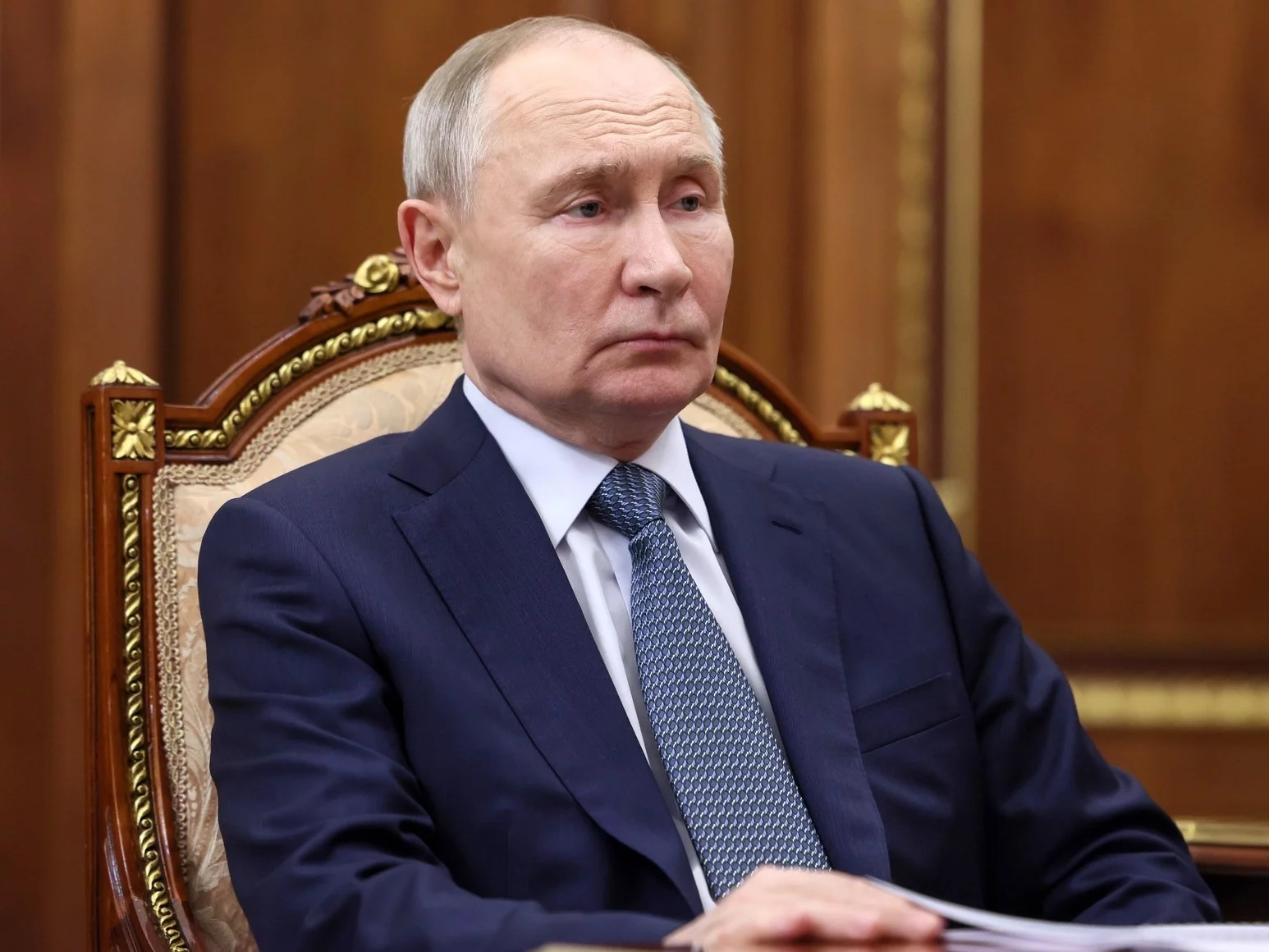
Голдман говорит, что приказ Трампа «символический, а не существенный»
В понедельник президент Дональд Трамп подписал указ о ценообразовании на лекарства, направленный на оказание давления на фармацевтическую промышленность, чтобы снизить цены, связав их с теми, которые платят в других развитых странах. Приказ предписывает Департаменту здравоохранения и социальных служб (HHS) сообщать эти международные ценовые ориентиры производителям лекарств. Если в течение нескольких месяцев не будет достигнут значительный прогресс, HHS поручается инициировать процесс разработки правил для обеспечения ценообразования на основе MFN.
После EO MFN по ценообразованию на лекарства аналитики Goldman Asad Haider и команда отметили, что акции, наиболее подверженные EO, такие как Regeneron и Merck, резко выросли, поскольку и текст приказа, и последующий пресс-брифинг смягчили наихудшие опасения, оцениваемые в фармацевтические акции.

По словам экономиста Goldman Алека Филлипса, EO, похоже, больше предназначен для увеличения переговорного рычага администрации Трампа, чем для немедленного проведения радикальных реформ.. Аналитик ожидает, что HHS введет ценообразование на основе НБН, если в течение нескольких месяцев не будет достигнут «значительный прогресс».
Язык EO юридически осторожен. В нем неоднократно упоминается необходимость действовать «в соответствии с законом» и отсутствует ясность в отношении сферы охвата, например, применимо ли это к части B, D или к обоим.
""В целом, хотя EO, по-видимому, предназначен для создания рычагов для переговоров. «С промышленностью и, вероятно, усилит давление на компании, чтобы объявить о некоторых уступках, наш политический экономист отмечает, что процесс, похоже, находится на ранних стадиях и не ожидает краткосрочной реализации мер, предусмотренных в EO», - сказал Хайдер клиентам во вторник.
Хайдер продолжил:Наш чистый вывод заключается в том, что в то время как EO устраняет потенциальный наихудший сценарий.Мы ожидаем, что ценообразование на лекарства останется в центре внимания, и отмечаем, что для биофармы с большой капитализацией требуется ясность в других векторах политики, регулирования и тарифов, чтобы увидеть устойчивое восстановление. "
Вот первый дубль Алека Филлипса
Распоряжение президента Трампа (EO) о ценообразовании на наркотики «наиболее благоприятствуемой нации» (MFN) Это может привести к обсуждению с фармацевтическими компаниями возможных ценовых уступок, но вряд ли приведет к существенным краткосрочным изменениям в политике.. Он приказывает Департаменту здравоохранения и социальных служб (HHS) сообщать о ценовых ориентирах фармацевтическим производителям на основе цен, выплачиваемых в других развитых странах. Если по истечении неопределенного периода времени не будет достигнут «значительный прогресс» в ценообразовании на лекарства (мы ожидаем, что Белый дом предоставит отрасли, по крайней мере, несколько месяцев), приказ предписывает HHS предложить «план нормотворчества» для введения цен на НБН.. Неясно, будет ли это применяться только к препаратам, охватываемым Medicare, и если да, будет ли это применяться ко всем лекарствам и будет ли это применяться к Medicare Part B, D или к обоим. В случае, если «значительный прогресс» не будет достигнут, EO также поручает: (1) HHS сертифицировать безопасность реимпорта лекарств, (2) FTC и DOJ принимать принудительные меры против антиконкурентной практики, (3) Департамент торговли «проверять и рассматривать» экспорт фармацевтических препаратов и (4) FDA «проверять и потенциально изменять или отменять» разрешения на лекарства. Приказ также предписывает Торговому представителю США защищаться от «необоснованной или дискриминационной» практики в других странах, которые повышают цены в США, включая иностранный контроль над ценами, и говорит HHS «рассмотреть» программу продажи напрямую потребителю по ценам MFN.
В целом, EO, по-видимому, предназначен для создания рычагов для переговоров с отраслью и, вероятно, усилит давление на компании, чтобы объявить о некоторых уступках.. Тем не менее, этот процесс находится на ранних стадиях и Мы не ожидаем, что в ближайшее время будет реализована какая-либо из мер, предусмотренных в EO.. В конце этого года главный вопрос будет заключаться в том, имеет ли администрация полномочия осуществлять подобные изменения в одностороннем порядке. Что касается Medicare, администрация имеет полномочия вести переговоры о скидках на 15 препаратов в этом году в соответствии с Законом о сокращении инфляции (IRA) и может потенциально добиваться более широких ценовых уступок в рамках демонстрации CMMI. Тем не менее, цены на Медпомощь (скидки) установлены в законе, и администрация имеет ограниченную возможность ограничивать цены на частном рынке. Теоретически Конгресс может повлиять на эти области, но пока ни одна из них не включена в пакет согласования бюджета Палаты представителей.
В целом, аналитики рассматривают EO как В первую очередь это инструмент переговоров, а не план немедленной реформы.. Цель состоит в том, чтобы привлечь большую фармацевтику к столу переговоров о более низких ценах на лекарства, что позволит администрации Трампа продвигать свою повестку дня по снижению цен.
Тайлер Дерден
Туэ, 05/13/2025 - 12:25














